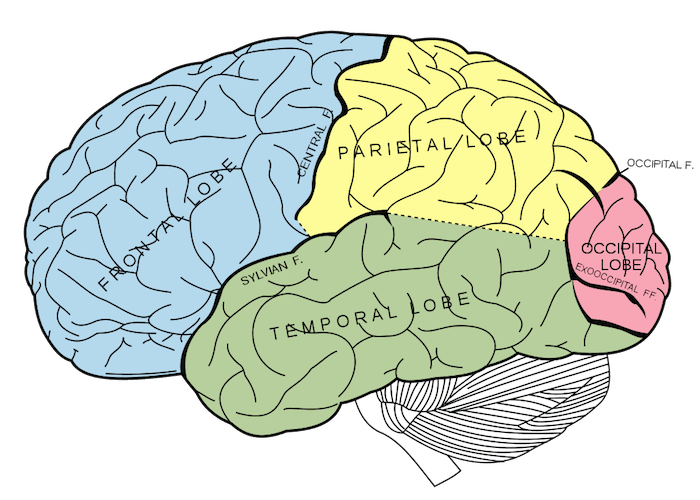by Matteo Rizzato
"Mirror Neurons" are a neuron population that exists in our brain and displays an extraordinary property.
They are triggered both when performing an action and when observing another individual performing the same action.
Mirror neurons therefore allow us to realize what others are doing and understand their intentions, for the very reason that they allow us to experience what we are observing firsthand, as if we were performing that action ourselves.
Of course, we only partly experience the things we observe, as the mirror neurons are triggered and prepare us for action by activating all the neuron populations required for its performance. Performance itself, however, remains at a potential level, as our body does not implement it unless we deliberately decide to carry out the action we are witnessing.
This is only part of the work mirror neurons do. This particular work—involving the motor system—was the first to be discovered. Even more surprising, mirror neurons also exist in the brain areas that are in charge of emotions.
This means that they enable us to recognize other people’s emotions simply by observing them. When we observe somebody else, these mirror neurons are activated and allow us to at least partly feel the emotions that the person we are observing is feeling.
As with the “motor” mirrors, the “empathic” mirrors are triggered both when we experience an emotion and when we observe somebody who is experiencing the same emotion. This extraordinary finding therefore provides the neurophysiological grounds for empathy, which is both understandable and researchable.
The existence of mirror neurons and the way they work in everyday life has countless implications. Let’s focus now on a specific situation: the doctor-patient relationship. In this relationship, empathy is an extremely delicate issue: on one hand we have the needs of the patient, who may be scared and require reassurance; on the other side we have the physician, who needs to be careful not to get too involved in the patient’s suffering in order not to lose clearness of mind.
The problem is often solved by the physician, who simply “breaks off” empathy, by adopting a detached approach, which the patient perceives as cold and cynical. This attitude is understandable, as the discovery of mirror neurons allows us to realize that when we observe another person in pain, pain also arises within ourselves, and for a doctor who spends their entire day with patients this would be unbearable.
Unfortunately, this “forced detachment” resulting from empathy disconnection often leads to attitudes that are traumatic for patients, as it plunges them into a state of distress which certainly cannot benefit their health. The interesting thing is that, thanks to our understanding of how mirror neurons work, we are able to appreciate that what reaches us in the form of emotion when we observe another individual is actually real and powerful, but we can also consider that we are simply “mirroring” the emotions of the person we are watching and that, even if we take part in it, it does not belong to us.
Indeed what wears out and exhausts a physician in the empathic process is excessive involvement, which causes him or her to experience the patient’s emotions as if they were their own. So mirror neurons show us that there is an in-between possibility, a balance, between complete detachment and too much involvement: by remembering that our emotions are the mirror of the person who is communicating with us, we can use this mirror (the empathic mirror system) as a kind of “empathic sense organ” that allows us to gather “neutral” data on the emotional state of the patient and consequently have a chance to also “heal” this emotional state, by using suitable words and tones of voice, case by case, without being affected by sharing the pain, and reducing the patient’s traumas and distress at the same time.
What usually escapes us is the fact that a person’s emotional world—and in this case we are talking about a patient’s—is filled with very important information for the doctor throughout the diagnosis, therapy and recovery stages. This “emotional data” is far too precious—also in view of the bigger picture they can offer about the general condition of a patient—to be ignored due to excessive detachment and cynicism, or to go unnoticed if one loses clearness of mind owing to undue involvement.
The research and understanding of the mechanics of empathy, which have emerged with the discovery of mirror neurons, can provide us with the tools required to develop a better use of empathy itself, by training our ability to grasp the data coming from our empathic mirror system without identifying with it—thus granting us the ability to hold onto a clear-minded vision of what is happening in the inner world of the person we are facing.
See article from source:
Mirror Neurons & Empathy: Experiencing Another’s Inner World with Clarity instead of Fear

